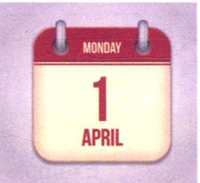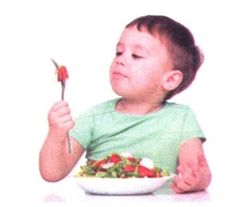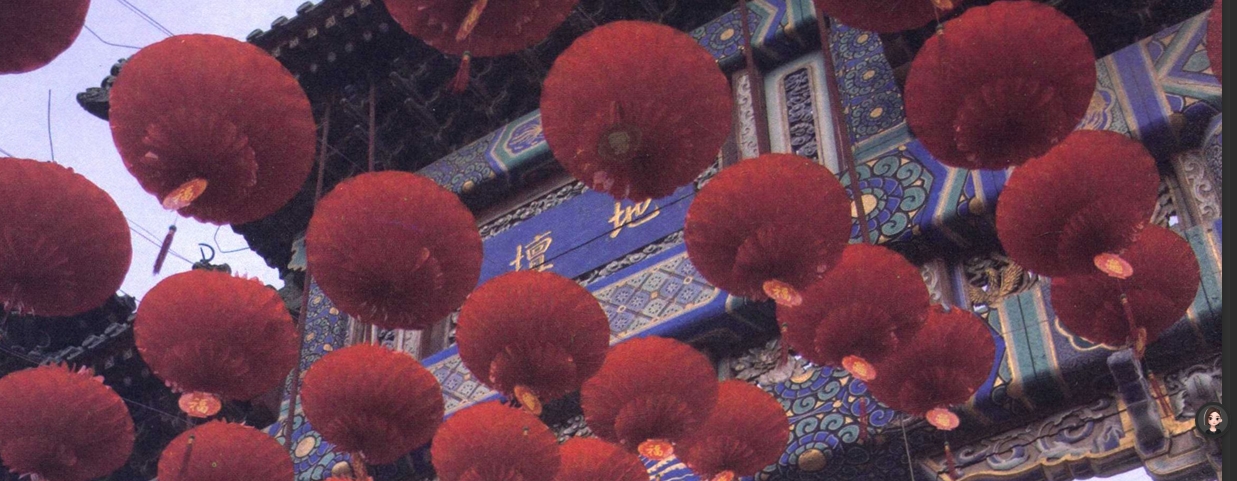练习 Exercises
1 分角色朗读课文 Role-play the dialogs.
2 根据课文内容回答问题 Answer the questions based on the dialogs.
① 新年的时候他准备做什么?
Xīnnián de shíhou tā zhǔnbèi zuò shénme?
② 明天他有什么事要做?Míngtiān tā yǒu shénme shì yào zuò?
③ 他们两个人在等谁呢?Tāmen liǎng gè rén zài děng shéi ne?
④ 他们等的人来了没有?Tāmen děng de rén láile méiyǒu?
⑤ 外面的天气怎么样?Wàimiàn de tiānqì zěnmeyàng?
3 用本课新学的语言点和词语描述图片
Describe the pictures using the newly-learned language points and words.

Jiějie jiù yào huí guó le.
姐姐______ 就要回国了。

Qī diǎn wǔshí fēn le, wǒmen
7 点 50 分了,我们 ______。

Dìdi dōu le, kěyǐ zìjǐ chī fàn le.
弟弟都 ____了,可以自己吃饭了。

Dōu shí’èr diǎn le, shāngdiàn le.
都十二点了,商店____ 了。
语音 Pronunciation
用“吧”和“吗”构成的疑问句的句调 Intonation of a Question Ending with “吧” or “吗”
用“吧”构成的疑问句的句调为降调,用“吗”构成的疑问句的句调为升调。例如:
A question ending with “吧” has a falling intonation, and one that ends with “吗” has a rising intonation. For example:
- Zhè běn shū shì nǐ de ba? 这 本 书 是 你 的 吧? → Zhè běn shū shì nǐ de ma? 这 本 书 是 你 的 吗?
- Míngtiān shì xīngqí èr ba? 明天 是 星期二 吧? → Míngtiān shì xīngqí èr ma? 明天 是 星期二 吗?
- Nǐ mǎi piào le ba? 你 买 票 了 吧? → Nǐ mǎi piào le ma? 你 买 票 了 吗?
汉字 Characters
汉字偏旁 “山” 和 “大” Chinese Radicals: “山” and “大”
| 偏旁 Radical | 解释 Explanation | 例字 Example Characters |
|---|---|---|
| 山 | 山字旁,一般与山的名称、种类、形状及岛屿有关系。 The radical “山” is usually related to the various names, types and forms of mountains or to islands. |
岭 lǐng ridge of a mountain 岖 qū (used to describe mountain paths, etc.) rugged, rough |
| 大 | 大字旁,一般与人有关系。 The radical “大” is usually related to people. |
天 tiān sky 夫 fū husband |
运用 Application
1 双人活动 Pair Work
两人一组,互相询问对方今年的新年都有什么打算。
Work in pairs and ask about your partner’s plans for the New Year.
Xīnnián nǐ xiǎng zài nǎr guò?
例如:A:新年 你想 在哪儿过?
B:……
Nǐ xiǎng hé shéi yìqǐ guò xīnnián?
A:你 想 和谁一起过 新年?
B:……
Nǐ xiǎng sòng gěi péngyou shénme xīnnián lǐwù?
A:你 想 送 给 朋友 什么 新年礼物?
B:……
2 小组活动 Group Work
3 – 4人一组,说说你自己或者你的家人、朋友们在以后的几个月里学习上、生活上、工作上都有哪些计划或者变化。用 “快要/快/就要/要……了” 进行表述。每组请一位同学做记录。
Work in groups of 3 – 4. Talk about the plans or changes that you, your family members or your friends have or will have regarding study, life or work during the next few months. Use the structure “快要/快/就要/要……了”. Each group chooses a member to take notes.
| 1 | 下个月5号是弟弟的生日 | 他快要15岁了。 |
|---|---|---|
| Xià ge yuè wǔ hào shì dìdi de shēngrì, | tā kuàiyào shíwǔ suì le. | |
文化 CULTURE

中国的 “新年” —— 春节 The Chinese New Year—Spring Festival
春节是中国人的 “新年”,是中国最重要的传统节日。春节是个欢乐祥和的节日,也是亲人团聚的日子。每年春节的时候,离家在外的人们都会赶回家中,和亲人一起过春节。大家一起贴对联、放鞭炮、吃饺子、看春节联欢晚会,高高兴兴地过年。孩子们最喜欢过春节了,因为他们可以从长辈那里得到压岁钱。节日的热烈气氛不仅洋溢在各家各户,也充满大街小巷。一些地方还会有舞狮子、耍龙灯、逛庙会等文化活动。
Spring Festival, or the Chinese New Year, is the most important traditional festival in China. It is a happy, merry day when family members have a reunion. Every year during the Spring Festival, people away from home will return home to celebrate the festival with their families. Together they paste antithetical couplets, light off firecrackers, some eat dumplings, and watch the Spring Festival Gala happily and cheerfully. Kids love the Spring Festival best because they can get money from their elders as gifts. The bustling, festive ambience fills not only every household, but also the streets and lanes. In some places, there are such cultural activities as lion dances, dragon-lantern shows and temple fairs, etc.

Comments